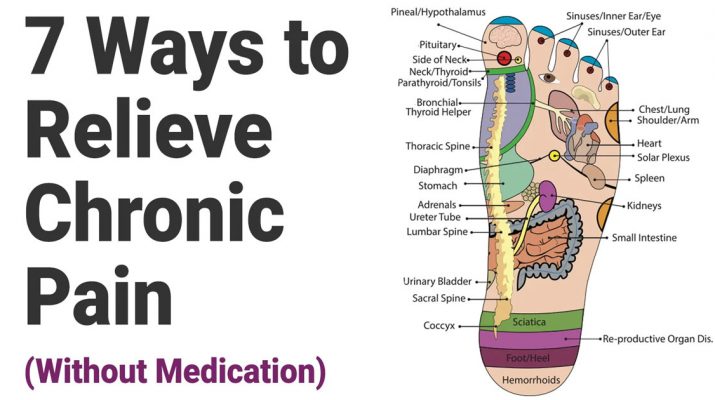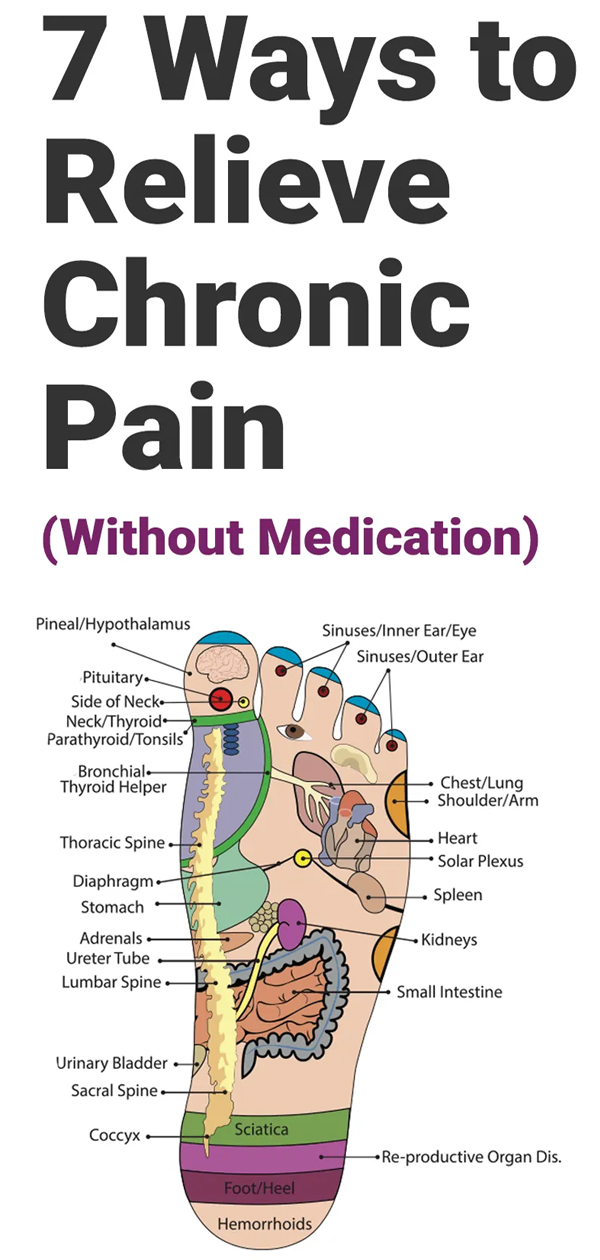Some believe that we are, right now, witnessing a revolution of sorts within healthcare as we know it. The revolution that comprises natural healing, in most of its forms, continues to gather more evidence and more believers. Consider the following quote about certain forms of chronic pain:
“The evidence is now quite good that acupuncture can be helpful in low back pain, headache and arthritis. The benefits of acupuncture accumulate with ongoing treatment.” – Robert Bonakdar, MD
Just a few years ago, Dr. Bonakdar might have been accused of “blasphemy” for his vocal support of acupuncture. Largely, traditional medicine and medical practitioners haven’t taken too kindly to so-called alternative medicine. Times are changing and, as Dr. Bonakdar says, the evidence supporting acupuncture – and other alternative methods of treatment – is good. It’s also getting better.
Chronic Pain And Natural Treatments
“… opioid-related overdoses have increased within the past few years, causing physicians and policymakers to reconsider using opioids as long-term treatments.” – Christine Potkul, Specialty Pharmacy Times
According to the National Center for Health Statistics, chronic pain affects more Americans than diabetes, heart disease, and cancer combined. An estimated 11 percent of American adults suffer from chronic pain, while 25 percent suffer from pain lasting longer than 24 hours. Additionally, about 18 percent of adults experience severe pain on a regular basis.
Traditional methods of pain relief usually come in the form of a pill. Most of these pills alter brain chemistry. Additionally, they have caused hospitalization, overdose, and even coma or death.
In an educational piece titled “Treatment Options for Chronic Pain,” the American Society of Regional Anesthesia and Pain Medicine (ASRA) mentions alternative treatments only in passing. The five treatments to be used for chronic pain relief, per the ASRA are antidepressants, anticonvulsants, muscle relaxants, nonsteroidal anti-inflammatory drugs (NSAIDs), and opioids.
Opioids currently claim the lives of thousands (possibly millions) of people in the United States. Also, aside from overdose and death, ASRA does not even mention dependence as a possible side effect of opioid medications.
Clearly, we need other options – healthier options – and this brings us to the focal point of this article: how to naturally relieve chronic pain.
Here Are Seven Natural Treatments For Chronic Pain And Pain Relief:
1. Try Acupuncture.
In a World Health Organization (WHO) project titled “Acupuncture: An Overview of Scientific Evidence,” the authors found acupuncture to be effective in 96% of the conditions studied, including chronic pain relief. WHO rates acupuncture as having “evidence of positive effect” – the highest rating is given – for patients with chronic lower back pain and chronic headaches, the two leading causes of chronic pain in the world.
Many believe acupuncture to alter the body-to-brain pathways that receive and perceive pain. Provided that the body adapts to the treatment as expected, the pain will subside, and may even disappear.
2. Take Some Vitamin D.
Low vitamin D levels in the body link to multiple pain-related conditions and – per an article published in the Journal of Endocrinology – to sleep quality. Inflammation directly results from sleep deprivation, along with the surfacing of new aches and pains. Until recently, it wasn’t believed that D has much of an anti-inflammatory effect, but new research shows otherwise.
In summary, vitamin D can – at least to some degree – inhibit inflammation, promote sleep, and, therefore, suppress pain.
3. Eat An Anti-Inflammatory Diet.
Anti-inflammatory foods, such as those found in Mediterranean diets, help control blood sugar. Research shows this to be particularly true for the obese. An anti-inflammatory diet plan may halt the progression of pain and improve pain tolerance.
Excellent choices of foods include fruits and vegetables, legumes, nuts, fatty fish (e.g., salmon), and healthy oils.
4. Sip Some Java.
Caffeine blocks a chemical known as adenosine, which is linked to feelings of drowsiness. The obstruction of this chemical gives coffee its “buzz” and also promotes wakefulness. In a study published in the journal Nature, scientists found that the act of blocking adenosine isn’t exclusive to the brain. It occurs in the body as well. This mechanism activates body-to-brain pathways that prevent inflammatory response which provides pain relief and heightens pain tolerance!
5. Do Some Yoga.
Chronic pain alters the neural pathways of your brain. Much research has supported this. As a result of these brain changes, one’s cognitive and emotional processes can be negatively affected.
Promisingly, according to a study published in the journal Nature, the act of stretching – ideally in the form of yoga poses – appears to have the “opposite effect” on the brain. Not only is it possible to reduce or eliminate pain, the researchers say, but also the psychological side effects that often accompany it. Side effects such as anxiety, depression, and fatigue.
6. Use Some Turmeric.
Curcumin, the active ingredient in turmeric, contains anti-inflammatory and pain relief properties. As a whole, turmeric may also improve cognitive function.
A more bioavailable form of curcumin, called nano curcumin, is considered more potent in its pain-relieving properties than regular turmeric. In a study published in Arthritis Research & Therapy, researchers claim this ingredient in turmeric slows the progression of the disease osteoarthritis (OA) while also providing pain relief.
7. Practice Mindfulness.
Our body is inextricably and intimately connected with our brain. Behaviors, emotions, and thoughts all impact how our brain senses and responds to pain stimuli. Mindfulness and other relaxation techniques (e.g., meditation, yoga, deep breathing, etc.) help taper the brain’s response to pain.
Cognitive-behavioral therapy (CBT) may also prove useful in the elimination and reducing of chronic pain. While meditation works for some, CBT may be a better option for more extroverted types who prefer personal communication over quiet introspection.
Final Thoughts
Perhaps you, or someone you know and love, suffer from chronic pain. If so, you know the unique challenges that come with this difficult condition. We believe the natural treatments above provide a great alternative to other forms of treatment. Above all, stay positive. While one thing might not seem to work for you, try the next option. Don’t give up on seeking relief for yourself or your loved one.


